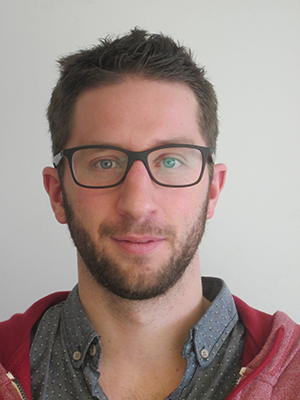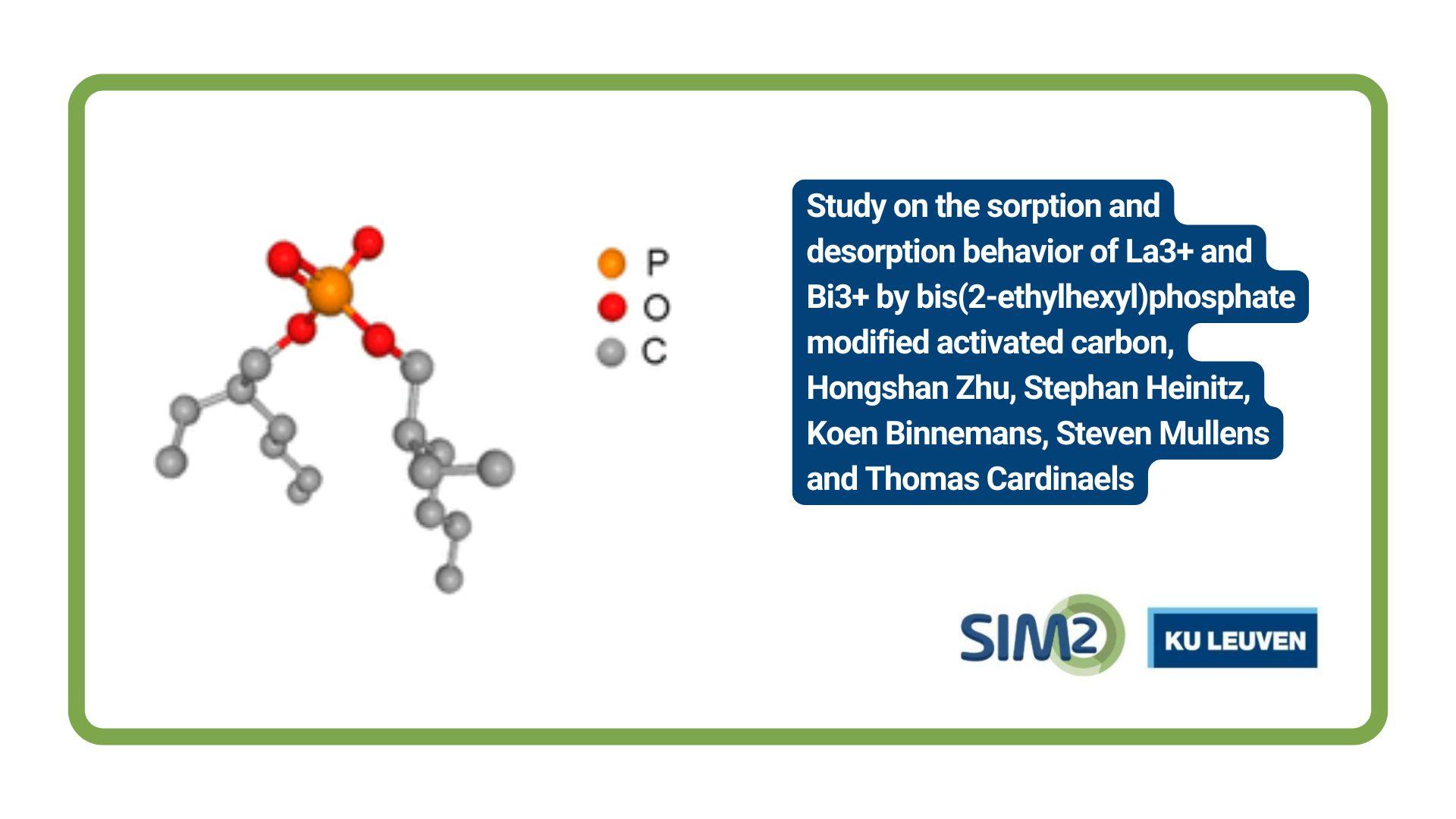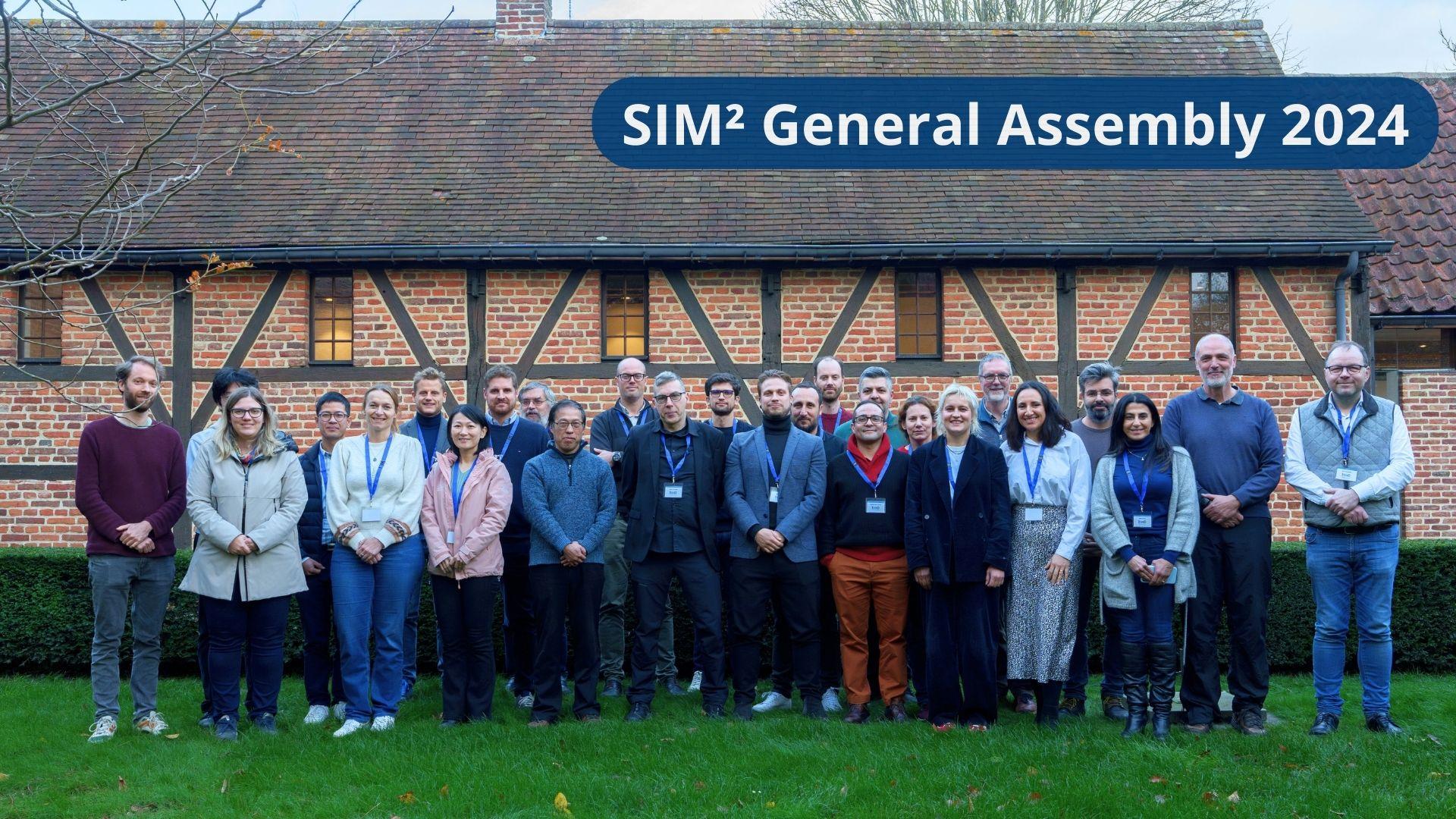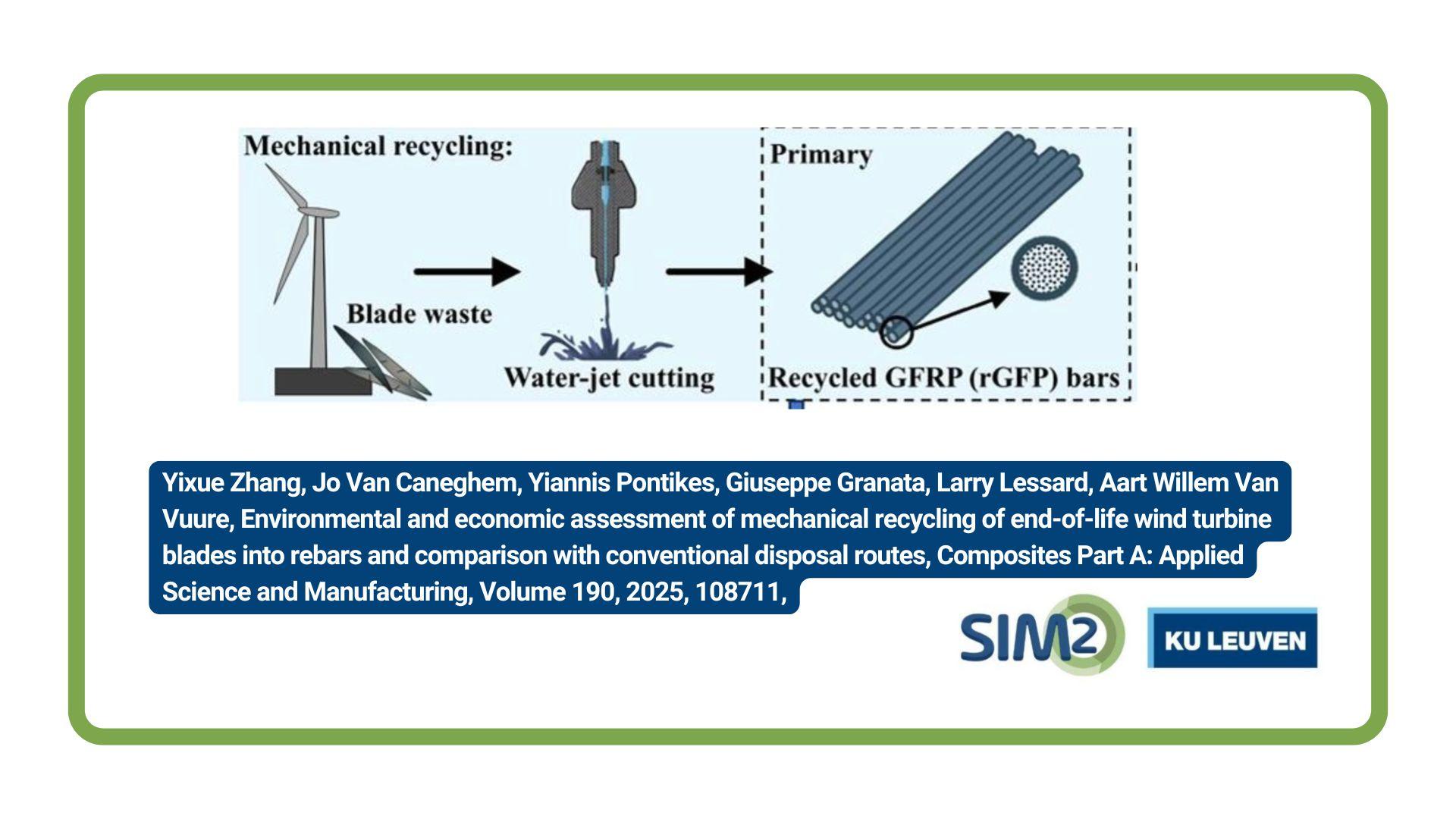Niels Hulsbosch is a FWO postdoctoral researcher at the Division of Geology. He is a member of the research group of Prof. Philippe Muchez who leads the SIM² KU Leuven research line on Geological exploration and advanced resource characterization and coordinates the ETN SULTAN project Niels focusses on developing formation models for highly-evolved magma systems and their role in the enrichment of critical and rare metals, such as lithium, beryllium, niobium, tantalum, tin and tungsten. Niels investigates the geochemistry of the bulk, mineral and inclusion record of natural rocks in order to constrain the composition, temperature and pressure evolution of the metal-carrying melts and fluids responsible for the formation of these magmatic ore deposits. Find out more about his work in this latest SIM² KU Leuven interview. (Leuven, 21/2/2019)
What are you working on?
The research project I am working on aims to understand the fundamental evolutionary steps in the cooling of evolved, silica-rich magmas. When these magmas crystallize, different stages of liquid-liquid immiscibility occur with the formation of conjugate melt and fluid batches. For example, high-saline aqueous fluids (~20 wt.% NaCl, ~5 wt.% KCl and ~5 wt.% LiCl) can become immiscible in the early stages of crystallization which can have important implications for the distribution and enrichment of fluid-soluble rare metals such as tungsten.
Currently, I am quantifying these distribution processes of rare metals between minerals, melts and fluids during magma cooling by analyzing melt and fluid inclusions. These inclusions are micrometer-scale cavities in minerals filled with melts and fluids during the growth of the host-mineral from the hydrous magma. These inclusions are analyzed by laser ablation–ICP-MS, Raman spectroscopy and cold-seal autoclave experiments and provide as such direct information on the composition, temperature and pressure evolution of the magma system.
Why did you choose to work in Leuven/Belgium?
I did my master thesis and my PhD at the research group of Prof. Philippe Muchez. Continuing my postdoc in the same group was a logical next step.
What attracts you in the research project you are working on?
The projects I am working on often start with intensive field campaigns, dominantly in Central Africa, where these type of rare-metal ore deposits are highly abundant. The study of these rocks in the field is not only for the purpose of sampling but enable us to understand the textural evolution of the system in 4-dimensions (space and relative time).
These field campaigns are always very exciting times. Moreover, the type of research I perform is initially rather fundamental and focusses on understanding the petrogenesis of these magma systems. However, the models we develop are of more practical use and allow defining new ore exploration tools, such as geochemical vectors, which can in turn be applied to identify new target areas for mining. In addition, the collaboration with several international colleagues is very inspiring and motivating.
If you had a time machine, what point in the past or future would you visit? Why?
In my spare time, I am interested in rocket science and especially in the Apollo program that succeeded in the landing of the first humans on the Moon. Having the opportunity to be involved in this massive project or just being able to witness the launch of the behemoth Saturn V rocket, carrying the Apollo 11 spacecraft on 16 July 1969, would be quite monumental.
If you didn’t need a job, were healthy, and had plenty of time, what would you do?
First off all I would enjoy being with my family and not being restricted by the typical working week rhythm. Secondly, I would still devote time on the pure research-related aspects of my current job and appreciate the comfortable position not to be bother with the bureaucratic hassles. Thirdly, I would enjoy having at least 1 to 2 hours of sports a day or for instance start training for a duathlon. Fourthly, I would start following specific courses at universities in fields unrelated to my education in exact sciences.
What is the strangest talent you have?
I am exceptionally talented in forgetting people’s names.
Biography Niels Hulsbosch

Niels Hulsbosch was born in Neeroeteren in 1989. He graduated from the Master in Geology in 2012 and defended his PhD in 2016, both at the KU Leuven and under the supervision of Prof. Philippe Muchez. Currently, he works as FWO postdoc in the same group. He is a member of the research group of Prof. Philippe Muchez who leads the SIM² KU Leuven research line on Geological exploration and advanced resource characterization.





